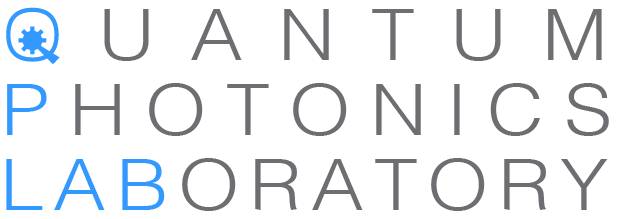Aug 30, 2018
The ARC Centre of Excellence for Quantum Computation and Communication Technology (CQC2T) has PhD Scholarships available for prospective students.
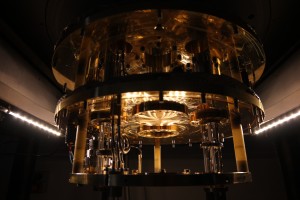 Following our recent success in demonstrating high-fidelity, chip-scale optical quantum information processing, this project will extend the current capability by adding on-chip single photon emission and detection.
Following our recent success in demonstrating high-fidelity, chip-scale optical quantum information processing, this project will extend the current capability by adding on-chip single photon emission and detection.
Candidates will have a degree in physics, material science, micro-nano technology, electronic engineering or equivalent.
For further information, please see: RMIT University
Aug 30, 2018
The Quantum Photonics Laboratory has joined the ARC Centre of Excellence for Quantum Computation and Communication Technology (CQC2T)
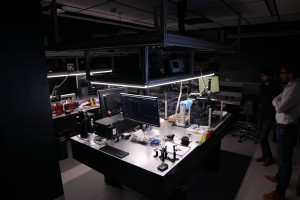
CQC2T is a research partnership between groups across Australia. The Centre is funded for 7 years to develop novel quantum technology.
New laboratories have been in preparation for the past year at RMIT University. Alberto Peruzzo will direct this node of the Centre with focus on developing photonics quantum technology.
The new research facility includes; quantum optics 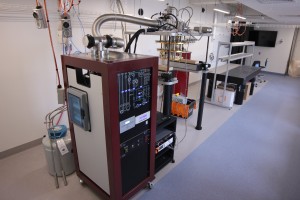 laboratories for single photon experiments; a wet lab with fume hoods, sample preparation tools and a dicing saw; prototyping laboratories; and a cryogenic laboratory with a 1 Kelvin cryostat.
laboratories for single photon experiments; a wet lab with fume hoods, sample preparation tools and a dicing saw; prototyping laboratories; and a cryogenic laboratory with a 1 Kelvin cryostat.

Aug 30, 2018
Quantum Photonics Laboratory student Robert Chapman has Graduated his PhD!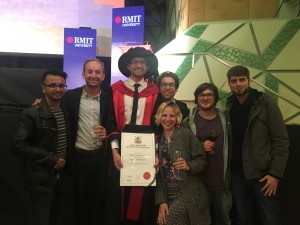
Rob has been working in the Quantum Photonics Laboratory since it’s formation in 2013.
During his PhD, Rob has published first-author papers in Nature Communications, Physical Review Letters, and Physical Review A.
Rob’s research focuses on algorithms and protocols for quantum information technology and performing photonic proof-of-concept experiments.
He is now working as a Postdoctoral Research Officer in the Quantum Photonics Lab.
Jan 22, 2018
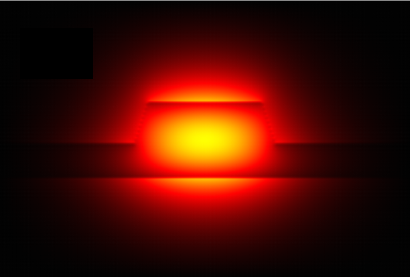
A new integrated photonics platform has been developed by the Quantum Photonics Laboratory at RMIT.
This platform enables great advancements in both academic research and in commercial telecommunications.
The research team has developed a new fabrication method to create highly compact photonic circuits in lithium niobate, one of the most promising materials platforms for integrated photonics.
Lithium niobate, the central platform for telecommunication technology, promises fast reconfigurable circuits and nonlinear optical signal processing. To date, however, lithium niobate devices have been limited by component size.
The new platform developed in the Quantum Photonics Lab allows highly compact circuits while achieving very low propagation loss; a key requirement for any integrated photonic technology.
These results have recently been published in Optics Express and have already been cited several times in a matter of weeks.
Link to the article
Jan 16, 2018
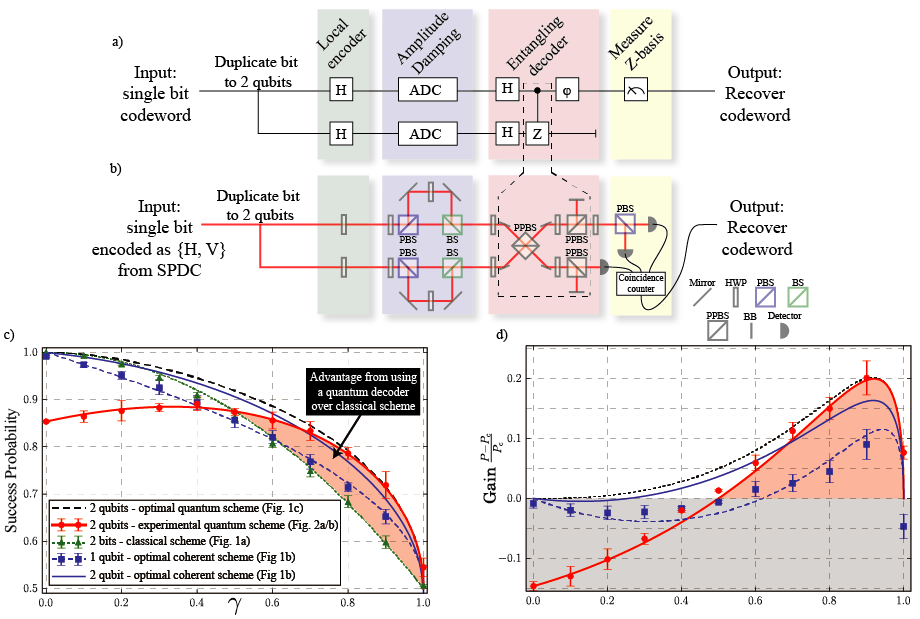
A new protocol demonstrating quantum enhanced robustness to noise has been implemented by the Quantum Photonics Lab
The novel scheme requires only one additional bit of data and entanglement to dramatically increase the data recovery probability.
When a single data bit is transmitted, the success probability is experimentally enhanced by over 20%.
Furthermore, when a two-bit message is transmitted, the enhancement is over 50% compared to optimal clasical protocol.
These key results have recently been published in Physical Review A.
Link to the article
 Following our recent success in demonstrating high-fidelity, chip-scale optical quantum information processing, this project will extend the current capability by adding on-chip single photon emission and detection.
Following our recent success in demonstrating high-fidelity, chip-scale optical quantum information processing, this project will extend the current capability by adding on-chip single photon emission and detection.